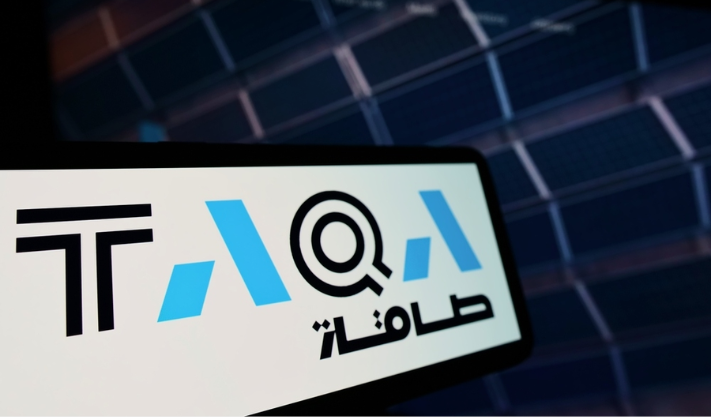Saudi PIF Issues $1.25B Sukuk in Global Debt Market for the Second Time This Year
Saudi Arabia’s Public Investment Fund (PIF) is planning to raise $1.25 billion by selling bonds for the second time in 2025. These bonds will last for seven years and are priced 110 basis points higher than US government bonds. The offering has attracted more than $9 billion in orders from investors.
PIF Sukuk Issuance
The sukuk issuance, which was reduced from an initial 145 basis points, shows that investors believe in PIF’s role in supporting Vision 2030’s plan to diversify the economy. This comes despite falling oil prices that are putting pressure on the country’s finances, according to Reuters, quoting a bank document from Wednesday.
The strong demand for the sukuk, which was almost seven times the target, follows PIF’s $4 billion bond deal in January. This shows PIF’s strategy to raise money from global markets to support big local projects, even in a time of market uncertainty caused by US tariffs.
Gulf countries, including PIF, are actively issuing bonds to raise money in this uncertain environment.
Lower oil prices have increased Saudi Arabia’s need to either borrow money or reduce spending, which challenges the ambitious goals of Vision 2030.
Saudi Crown Prince Mohammed bin Salman promised $600 billion in US trade and investment over the next four years, while US President Donald Trump has asked for $1 trillion. These promises test PIF’s ability to balance local needs with international commitments, stretching its resources.
Impact of Lower Oil Prices
Saudi officials have said the country is not planning to cut oil production further and can handle a long period of low prices, according to Reuters, quoting sources familiar with the talks.
However, a report from the Arab Gulf States Institute in Washington last week says that lower oil prices could worsen Saudi Arabia’s $13.9 billion budget deficit from 2024 by reducing oil revenue. This could make it harder to fund Vision 2030’s economic diversification plans.
If oil prices fall further, it will reduce the money needed to fund expensive projects like NEOM, the report says. To cover this shortfall, the government issued $17 billion in bonds, and this trend is expected to continue as oil revenue drops.
Published: 1st May 2025
For more article like this please follow our social media Facebook, Linkedin & Instagram
Also Read:
UAE and Egypt team up to boost space cooperation and projects
Why Islamic Finance Is Expanding Globally Beyond the Gulf
SABIC Agri-Nutrients Q1 2025 profit up 17% to $262.5M





